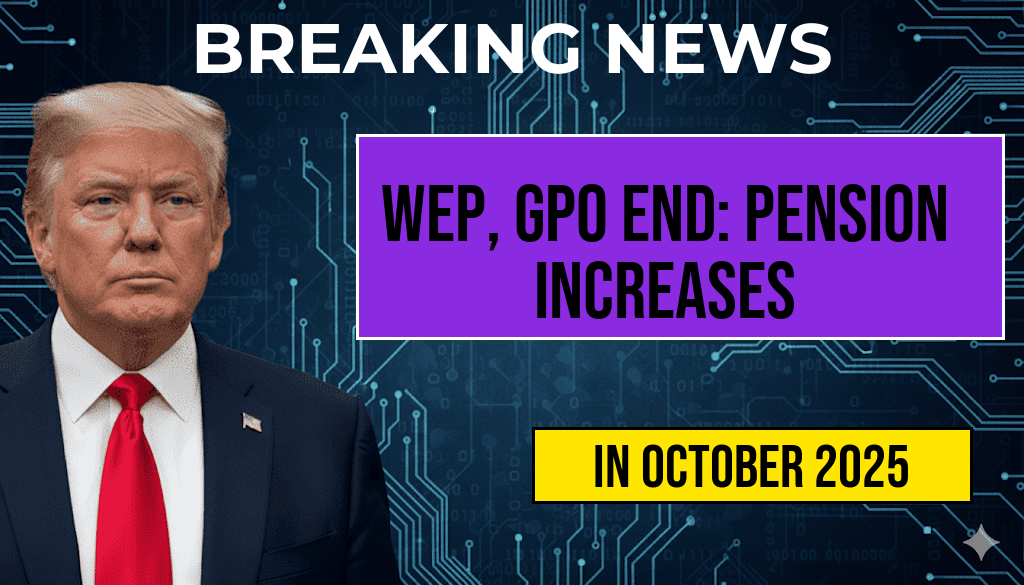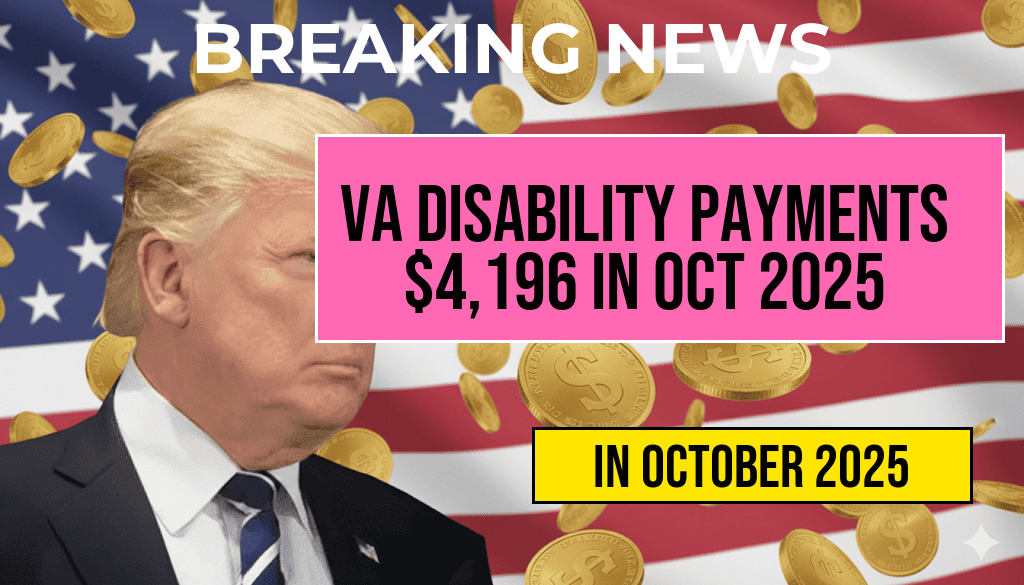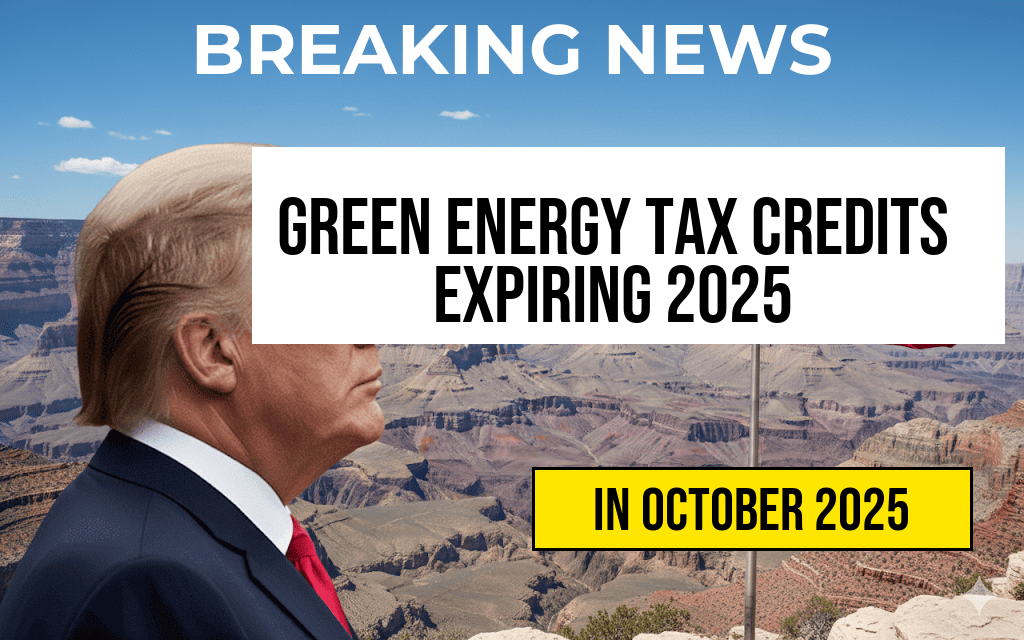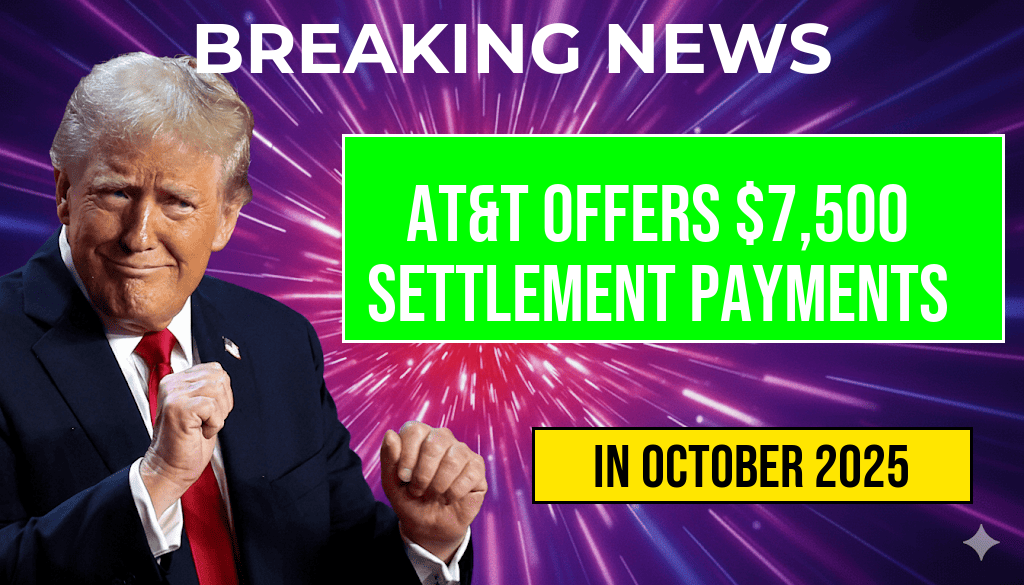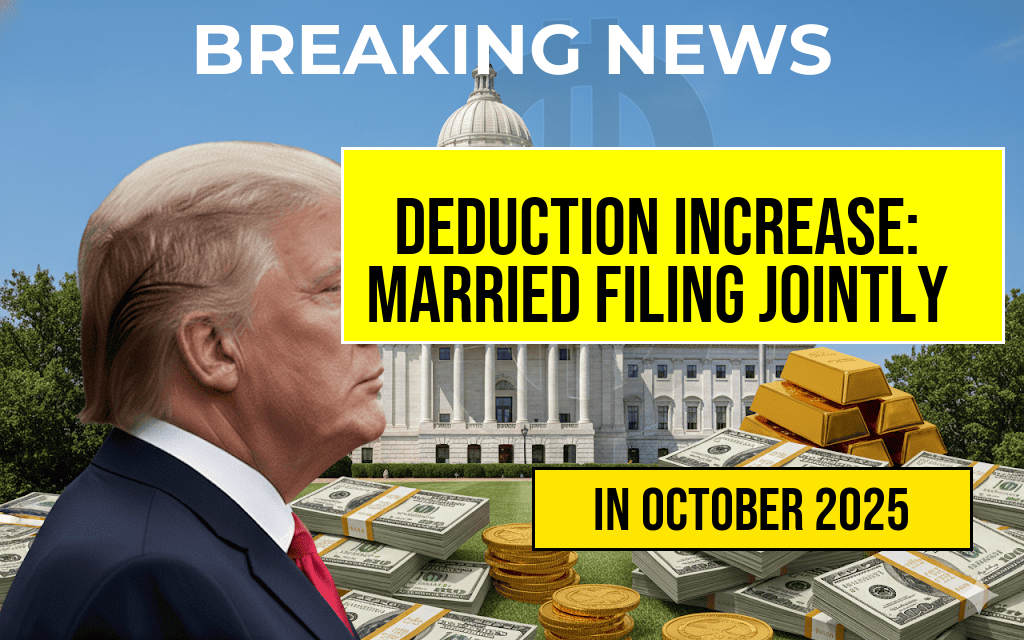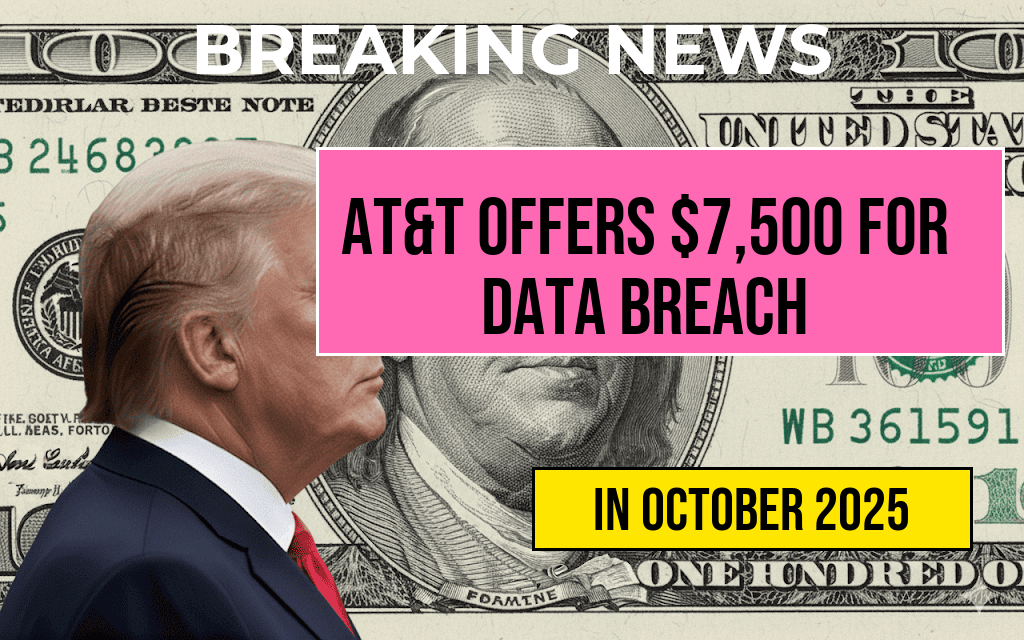As the push toward sustainable energy accelerates across the United States, recent legislative changes are casting uncertainty over a key incentive for homeowners: the green energy tax credits. Scheduled to expire after 2025, these credits have historically provided substantial financial relief for those investing in solar panels, wind turbines, and energy-efficient appliances. With the expiration date looming, homeowners contemplating renewable upgrades face important decisions about timing and potential future costs. Experts warn that without legislative renewal, the financial benefits associated with these incentives could diminish significantly, impacting the affordability of sustainable home improvements for many Americans.
Understanding the Current Landscape of Green Energy Tax Credits
The federal government has long promoted clean energy adoption through tax incentives designed to offset the costs of renewable energy systems. The most prominent of these is the **Investment Tax Credit (ITC)**, which offers a percentage-based reduction on the installation costs of solar energy systems. Currently set at 30% for systems installed before the end of 2025, this credit is scheduled to decrease or expire unless extended by Congress. Other incentives include the **Residential Energy Efficient Property Credit** and various state-level programs that supplement federal benefits.
Why Are These Credits Expiring?
The expiration of these tax credits is tied to legislative cycles and budget considerations. Historically, Congress has periodically renewed or extended such incentives, recognizing their role in stimulating renewable energy markets. However, recent legislative priorities have shifted, and with the federal budget under scrutiny, the likelihood of automatic extensions diminishes. The Wikipedia page on the Investment Tax Credit notes that similar incentives have faced expiration and renewal cycles, often leading to uncertainty for consumers and installers alike.
Implications for Homeowners Planning Renewable Upgrades
Timing Is Critical
Homeowners considering solar panels, solar water heaters, or energy-efficient upgrades need to weigh the benefits of acting before the credits expire. Installing systems prior to the end of 2025 can maximize immediate financial savings, reducing upfront costs significantly. Delaying installations could result in higher out-of-pocket expenses, especially if future policies do not extend or replace current incentives.
Potential Cost Impact Without Incentives
| System Type | Average Installation Cost | Cost After 30% Credit (Pre-2026) | Estimated Cost Without Credit |
|---|---|---|---|
| Residential Solar Panel System | $20,000 | $14,000 | $20,000 |
| Solar Water Heater | $5,000 | $3,500 | $5,000 |
| Energy-Efficient Windows | $10,000 | $7,000 | $10,000 |
As shown, the absence of the tax credit can significantly increase the financial barrier for many homeowners, potentially delaying or cancelling projects that would otherwise improve energy efficiency and reduce utility bills.
Legal and Policy Outlook
Legislators are debating whether to extend, modify, or replace these incentives as part of broader climate and energy bills. Some proposals suggest phasing out tax credits gradually or replacing them with direct rebates, which could be more accessible for lower-income households. Others advocate for extending the current credits to maintain momentum in renewable energy adoption. The Forbes article highlights ongoing legislative efforts and industry perspectives on the future of these incentives.
Practical Steps for Homeowners
- Consult with professionals: Reach out to certified solar installers or energy auditors to evaluate your home’s potential and timing.
- Monitor legislative developments: Stay updated through reputable sources such as the Department of Energy’s solar resources and local government announcements.
- Assess financial options: Explore available rebates, grants, and financing programs that may supplement federal incentives or stand alone.
- Plan installations accordingly: Consider scheduling projects before the end of 2025 to maximize benefits if extension seems uncertain.
Looking Ahead
The expiration of green energy tax credits after 2025 underscores the importance of timely action for homeowners interested in renewable energy investments. While legislative uncertainty persists, the current incentives have already played a pivotal role in lowering barriers to sustainable upgrades. Homeowners are advised to evaluate their options carefully, consult with trusted professionals, and stay informed about policy developments to make the most of available benefits.
As renewable energy continues its trajectory toward mainstream adoption, understanding the evolving policy landscape will be crucial. For more details on federal incentives and how they might change, visit the U.S. Department of Energy’s official page.
Frequently Asked Questions
What are the upcoming changes to green energy tax credits after 2025?
Starting after 2025, several green energy tax credits are set to expire or be reduced. Homeowners should be aware that these incentives may no longer be available or could be less generous, impacting the economic feasibility of installing renewable energy systems.
How will the expiration of green energy tax credits affect my home renewable projects?
The expiration of tax credits after 2025 may lead to increased out-of-pocket costs for solar panel, wind turbine, or other renewable energy installations. Planning ahead can help maximize current incentives before they expire.
Are there any current benefits or incentives I should take advantage of before 2025?
Yes, homeowners can still benefit from current green energy tax credits such as the Investment Tax Credit (ITC) for solar systems. It is advisable to complete renewable projects before these credits expire or are reduced after 2025.
Will there be any new green energy incentives introduced after 2025?
While the current credits are expiring, policymakers may introduce new green energy incentives or extend existing ones through future legislation. Staying informed about legislative changes is important for maximizing benefits.
What steps should I take as a homeowner to prepare for the expiration of green energy tax credits?
Homeowners should consult with renewable energy professionals, plan projects accordingly, and aim to install qualifying systems before the 2025 deadline. This proactive approach can help ensure you take full advantage of available tax credits.

